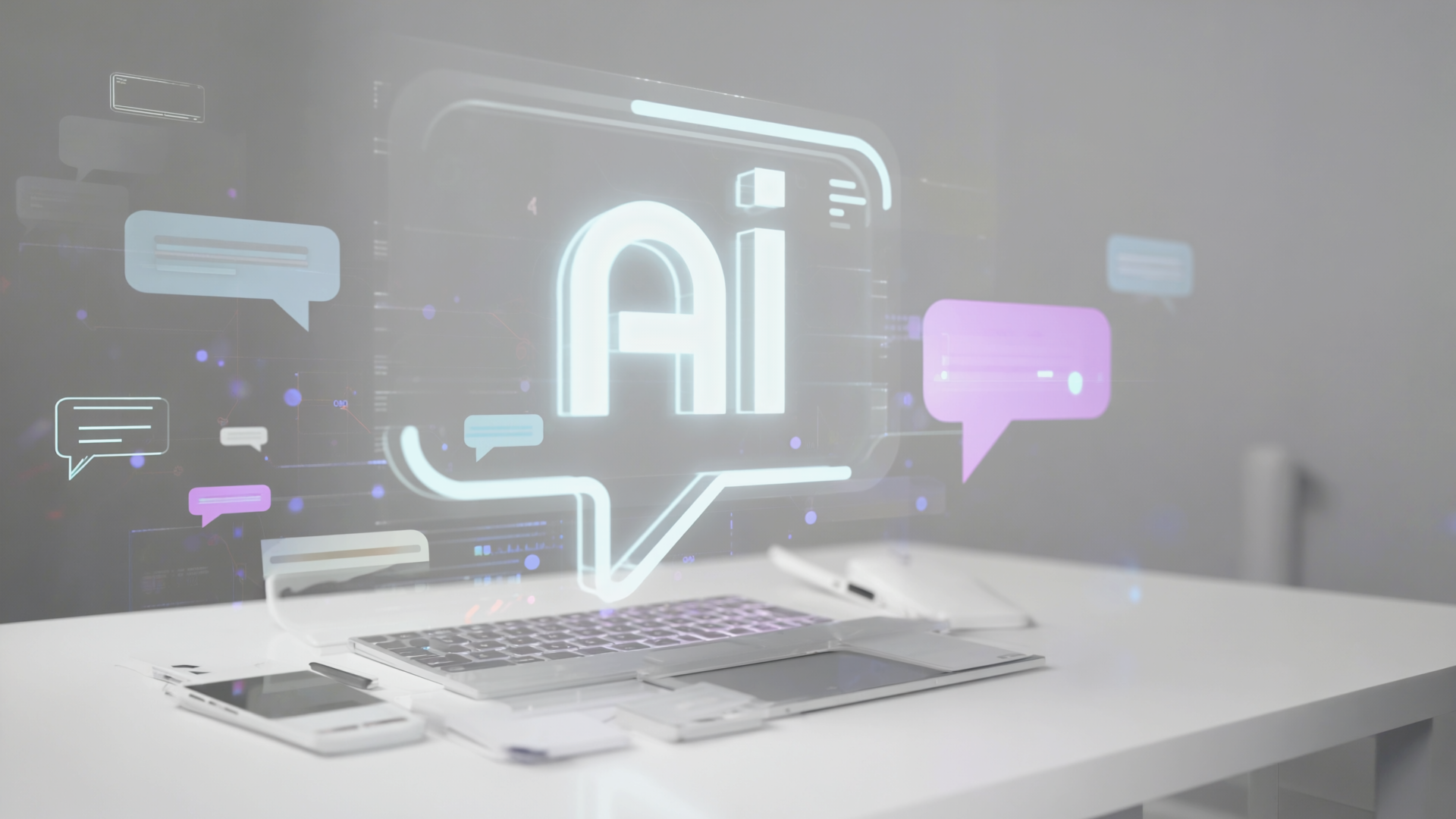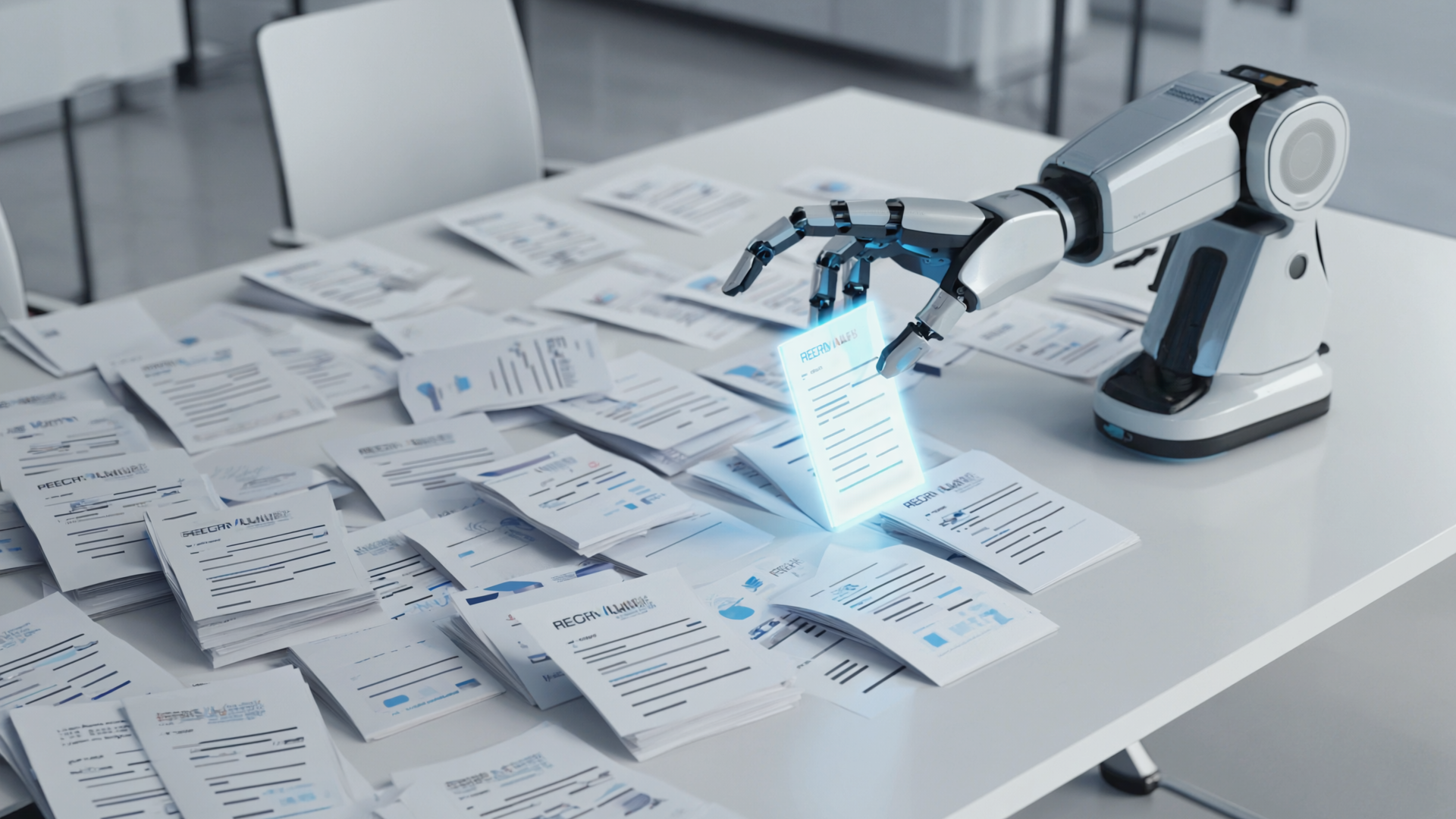
Impressive AI Agent Papers
Introduction
The rapid evolution of artificial intelligence (AI) has sparked an unprecedented wave of innovation across numerous domains, reshaping industries and redefining the boundaries of human capability. As AI continues to advance, the body of research surrounding AI agents grows richer and more diverse. This article delves into some of the most impressive AI agent papers, highlighting key insights, industry impacts, and future implications. By examining these works, we can better understand how AI agents are not only transforming traditional paradigms but also creating new opportunities for synergistic collaboration between humans and machines.

Key Points and Analysis
One of the pivotal discussions in AI research is the impact of AI on employment. Vin Vashishta's paper, "Will AI Take Your Job? Deconstructing Job Descriptions To Understand What Roles Are Most Vulnerable," provides a nuanced analysis of this topic. By dissecting job descriptions, Vashishta identifies roles susceptible to automation and those which require uniquely human skills. His work serves as a roadmap for professionals seeking to align their roles with AI, ensuring they complement rather than compete with AI technologies.
In the realm of data processing, Rick de Groot's exploration of Power Query functions in "Mastering M: Which Power Query Functions to Learn and When" offers invaluable guidance. With over 800 functions available, de Groot distills this complexity into a focused learning path, equipping data professionals with the tools to efficiently tackle complex data challenges.
Creative tasks, once considered the exclusive domain of human ingenuity, are now being revolutionized by AI. Ethan Mollick's "Automating Creativity" investigates how AI models excel in creative tasks, often outperforming human counterparts. Mollick's paper emphasizes practical strategies for leveraging AI's creative potential, augmenting human creativity rather than replacing it.
Stephanie Evergreen's "Ways To Visualize Statistical Significance" addresses a critical yet under-discussed aspect of statistical analysis. Her recommendations for effectively reporting and visualizing statistical significance enhance the clarity and impact of data-driven insights, reinforcing the role of AI in facilitating nuanced data interpretation.
Industry Impact and Applications
The integration of AI agents within various industries is reshaping operational landscapes. In business intelligence, Alexandru Badiu's work on enhancing Power BI's Decomposition Tree with DAX exemplifies how AI can expand the utility of existing tools. By introducing creativity and innovative applications, Badiu demonstrates how AI can unlock new insights and drive informed decision-making.
The entertainment industry also benefits from AI's capabilities, as seen in Rory Flynn's intriguing project "Naughty Pikachu." While unconventional, Flynn's work showcases AI's potential in generating novel and engaging content, pushing the boundaries of digital creativity and entertainment.
Future Implications
As AI continues to evolve, its implications for the future are profound. The ongoing refinement of AI agents promises increased efficiency, creativity, and adaptability across sectors. However, these advancements also necessitate careful consideration of ethical and societal impacts, ensuring that AI development aligns with human values and fosters equitable growth.
Furthermore, the rise of AI agents signifies a shift towards collaborative intelligence, where human intuition and creativity are enhanced by AI's computational prowess. This synergy holds the potential to drive innovation, solve complex global challenges, and create a future where humans and AI work together harmoniously.

Conclusion
The impressive body of AI agent research underscores the transformative potential of artificial intelligence. By exploring key papers and their insights, we gain a deeper understanding of how AI agents are reshaping industries, enhancing creativity, and redefining the future of work. As we embrace this technological evolution, it is crucial to maintain a balanced perspective, ensuring that AI serves as a tool for empowerment, innovation, and positive societal impact.
aecenas sollicitudin purus id leo vehicula lacinia quam vulputate dapibus fermentum metus, nec euismod nulla dapibus nasac metus nunc rabitur euntum




